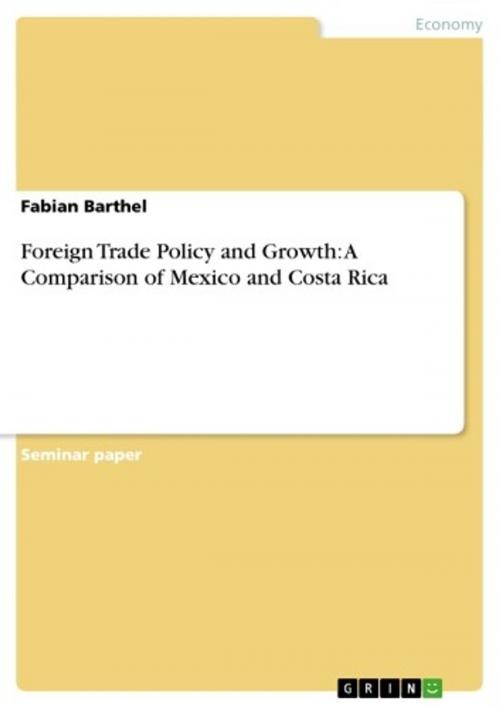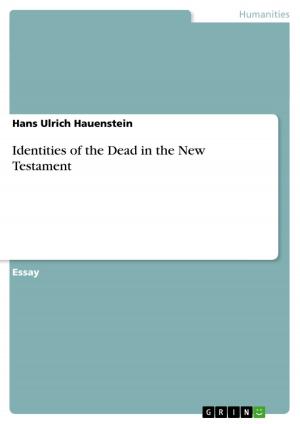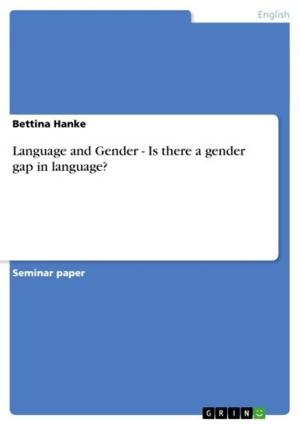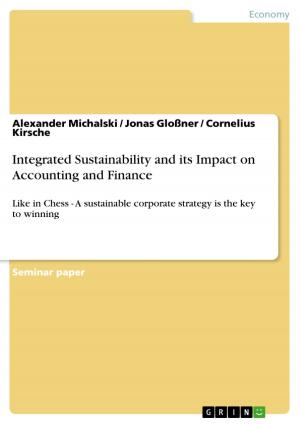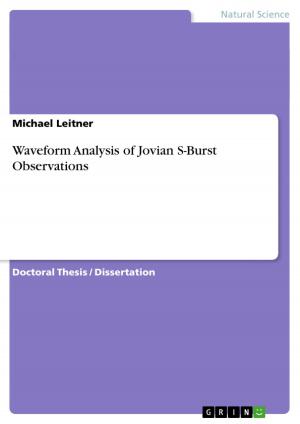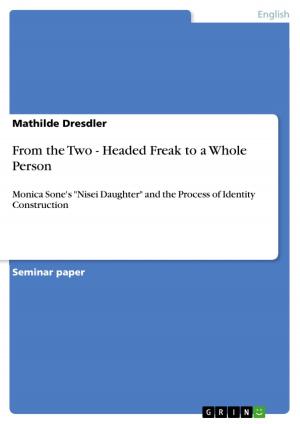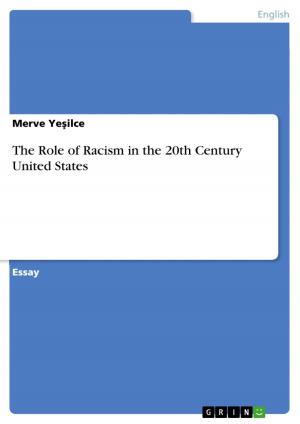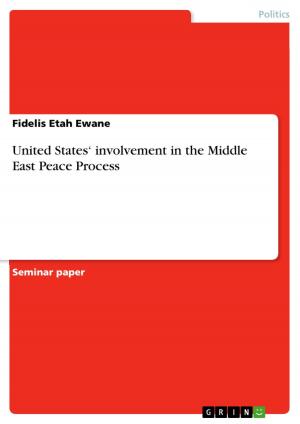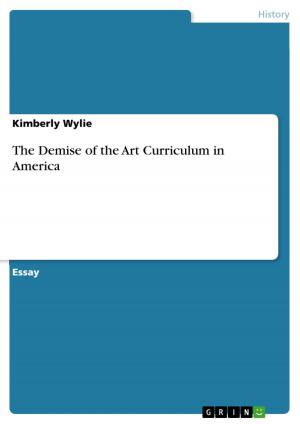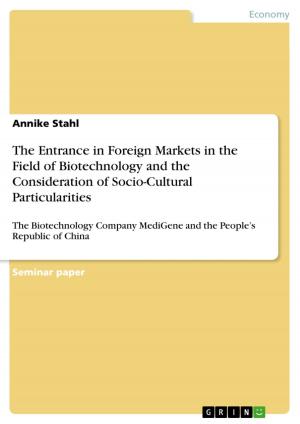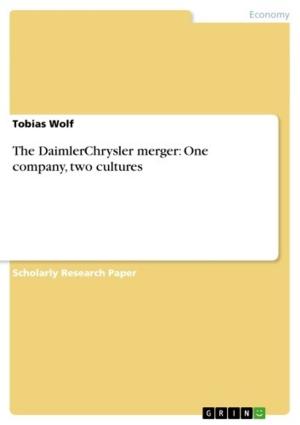Foreign Trade Policy and Growth: A Comparison of Mexico and Costa Rica
Business & Finance, Economics, Foreign Exchange| Author: | Fabian Barthel | ISBN: | 9783638437042 |
| Publisher: | GRIN Publishing | Publication: | November 9, 2005 |
| Imprint: | GRIN Publishing | Language: | English |
| Author: | Fabian Barthel |
| ISBN: | 9783638437042 |
| Publisher: | GRIN Publishing |
| Publication: | November 9, 2005 |
| Imprint: | GRIN Publishing |
| Language: | English |
Seminar paper from the year 2005 in the subject Economics - Foreign Trade Theory, Trade Policy, grade: A-, University of Auckland (Business School - Faculty of Economics), course: Trade & Development, 20 entries in the bibliography, language: English, abstract: There has been a lot of work on the relation between openness and economic growth, with results being ambiguous. A study done by Sachs and Warner (1995), using a sample of 135 countries, has shown that there is a positive correlation between openness and growth, e.g. that trade liberalisation fosters economic performance. The assumptions and country categorisations of this study have been criticised by Rodriguez and Rodrik (2000); they concluded that low tariff rates do not necessarily imply higher growth rates but that tariff protection exceeding a certain level stifles growth. Dollar and Kray (cited in Santos-Paulino and Thirlwall, 2004) compared different sets of countries with each other and found out that changes in growth rates are positively correlated with the share of trade and thus greater openness has accelerated economic growth. This essay compares the foreign trade policy of Mexico and Costa Rica. Even though both countries pursued the same policies, some differences can be found. Both implemented a strategy of import-substituting industrialisation until the serious crisis at the beginning of the 1980s, followed by a period of extensive trade liberalisation. This was due to pressure put on by the international institutions such as IMF or World Bank. While Mexico opened up its market, Costa Rica went further and lowered the import barriers. They put a strong emphasis on attracting foreign direct investment. With an average annual growth rate of 4.78 percent in Costa Rica and 4.43 percent in Mexico over the last four decades both countries achieved a strong economic growth exceeding the average of all other Latin American countries. However a positive interrelation between openness and growth could not be found in this study. This essay is structured in four main parts. Section II of this paper deals with the fundamental comparability of Mexico and Costa Rica. Section III portrays the foreign trade policies of both countries and illustrates the main similarities and differences. The development of growth is outlined in Section IV. Section V concludes the paper.
Seminar paper from the year 2005 in the subject Economics - Foreign Trade Theory, Trade Policy, grade: A-, University of Auckland (Business School - Faculty of Economics), course: Trade & Development, 20 entries in the bibliography, language: English, abstract: There has been a lot of work on the relation between openness and economic growth, with results being ambiguous. A study done by Sachs and Warner (1995), using a sample of 135 countries, has shown that there is a positive correlation between openness and growth, e.g. that trade liberalisation fosters economic performance. The assumptions and country categorisations of this study have been criticised by Rodriguez and Rodrik (2000); they concluded that low tariff rates do not necessarily imply higher growth rates but that tariff protection exceeding a certain level stifles growth. Dollar and Kray (cited in Santos-Paulino and Thirlwall, 2004) compared different sets of countries with each other and found out that changes in growth rates are positively correlated with the share of trade and thus greater openness has accelerated economic growth. This essay compares the foreign trade policy of Mexico and Costa Rica. Even though both countries pursued the same policies, some differences can be found. Both implemented a strategy of import-substituting industrialisation until the serious crisis at the beginning of the 1980s, followed by a period of extensive trade liberalisation. This was due to pressure put on by the international institutions such as IMF or World Bank. While Mexico opened up its market, Costa Rica went further and lowered the import barriers. They put a strong emphasis on attracting foreign direct investment. With an average annual growth rate of 4.78 percent in Costa Rica and 4.43 percent in Mexico over the last four decades both countries achieved a strong economic growth exceeding the average of all other Latin American countries. However a positive interrelation between openness and growth could not be found in this study. This essay is structured in four main parts. Section II of this paper deals with the fundamental comparability of Mexico and Costa Rica. Section III portrays the foreign trade policies of both countries and illustrates the main similarities and differences. The development of growth is outlined in Section IV. Section V concludes the paper.
